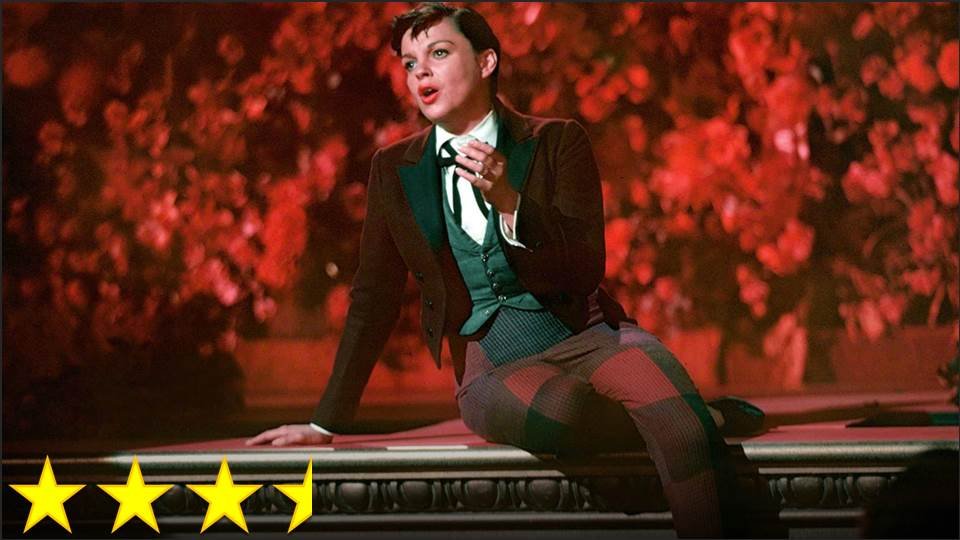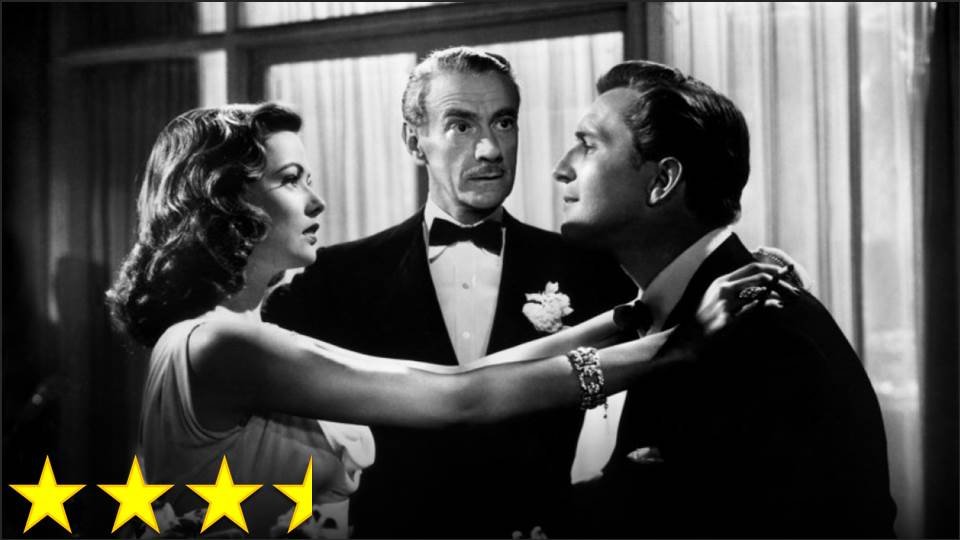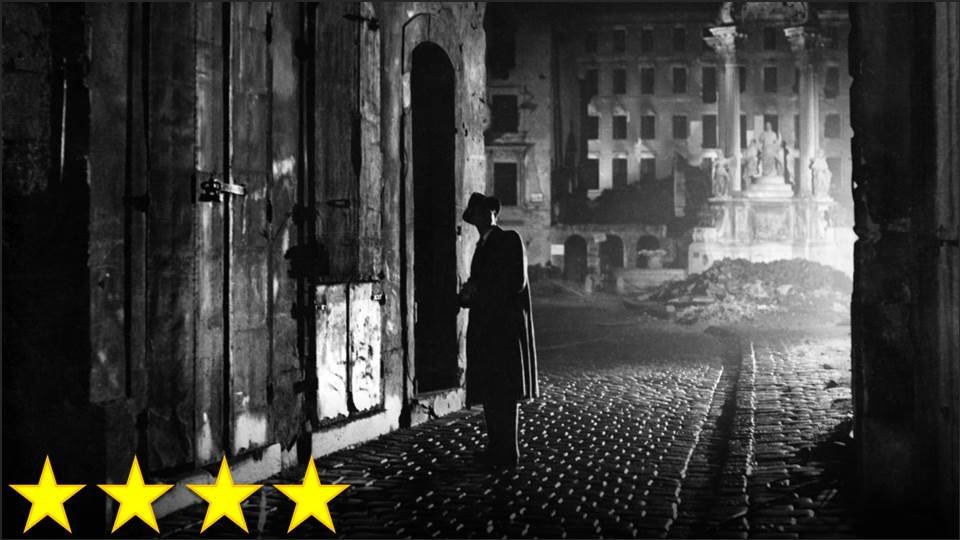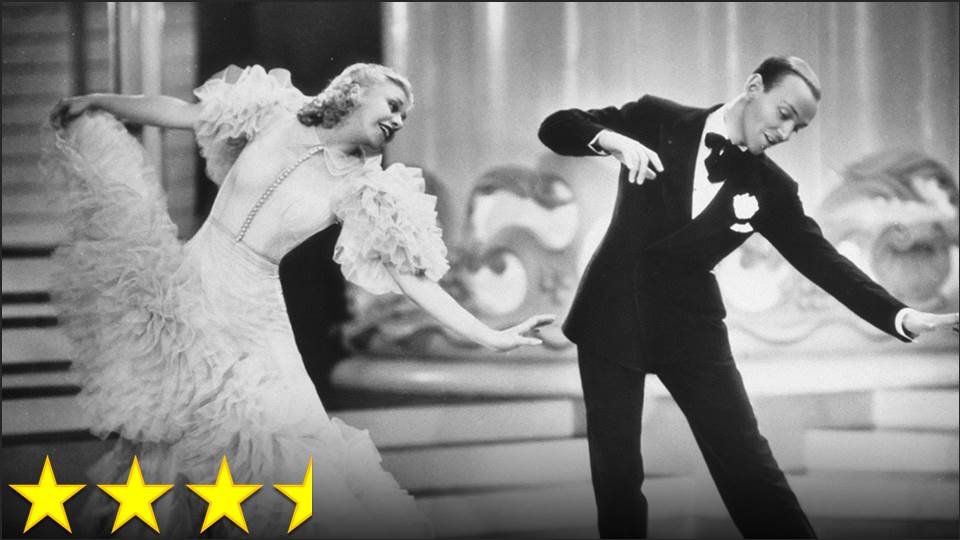Roman Holiday defies traditional classification. On the most basic level, it’s a romantic comedy – after all, it is romantic, and it is comedic. That being said, it’s not like any romantic comedy I’ve ever seen. At a certain point it becomes clear that, as much as the two leads love each other, they don’t see how it’s possible for them to live out the rest of their lives together since one of them is royalty and the other is not. Because the rest of the film feels like a fun, happy romantic comedy about escapism, the audience expects that, by the end, everything will work out such that they can be happy together, but this doesn’t happen – and logically it’s a given that it couldn’t happen. I find it difficult to decide whether or not this counts as an example of bad screenwriting.
Don’t think that I believe all movies should have happy endings. I don’t even necessarily think all comedies must have happy endings to count as comedies. My problem with Roman Holiday is the futility of its events. The ending requires the audience to believe that Princess Ann is now content to return to her restrictive duties as Princess now that she’s had her one holiday, even though there is little evidence to suggest she is. Joe Bradley actually ends up worse off than he was at the start, having upset his boss and landlord and having lost a lot of money (not to mention a big story that would have advanced his career). Neither of them should be happy, but the film tries to argue that cherishing the memories of this one wonderful holiday offers enough lasting happiness for the both of them (it’s a “better to have loved and lost” kind of story) even though this conclusion simply isn’t supported anywhere in the film – the viewer must assume this to be true.
Apart from this, however, the film is put together brilliantly. Right from the very first scene (not counting the newsreel), the writing, camerawork, editing, and acting are all excellent, establishing the character with a carefully paced and wildly funny opening. The rest of the film continues this high-level of craftsmanship and fun, making for one of the smartest romantic comedy films I’ve seen to date. What’s particularly likeable about it is Audrey Hepburn’s performance – the only film of hers I’d seen before was Breakfast at Tiffany’s, and I’d always wondered why she was considered such a great actress. I wonder no more, and I now look forward to seeing more of her work.





